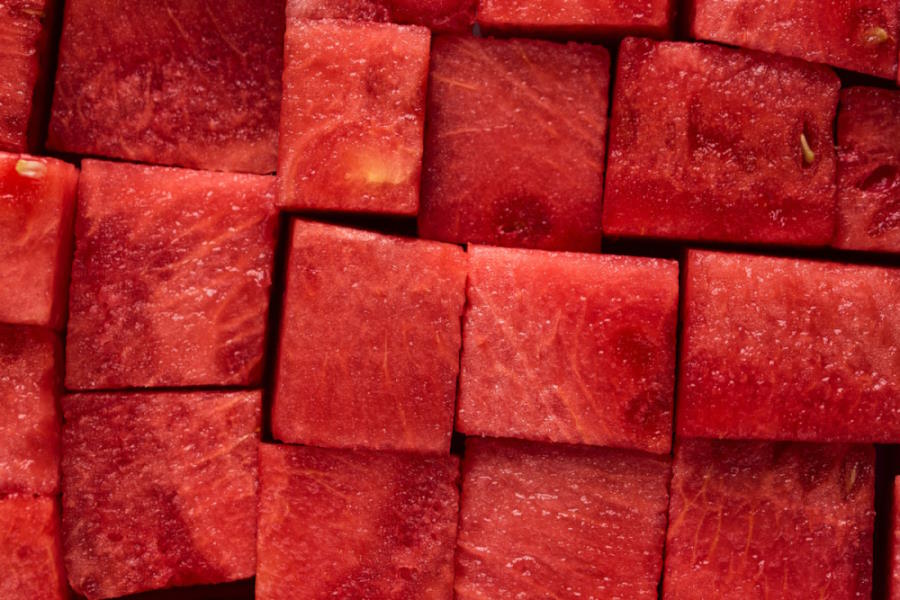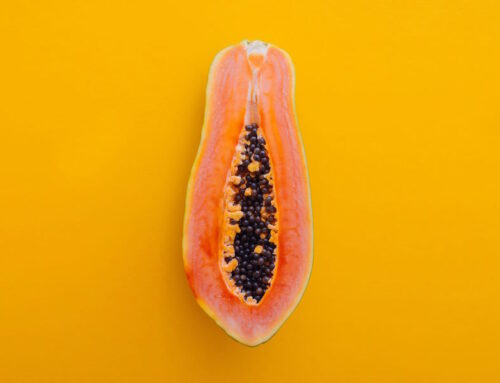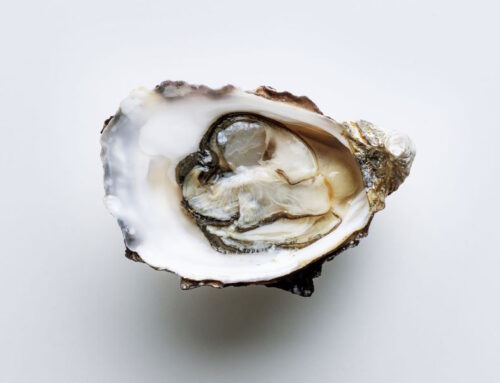Did you know watermelon is 92% water? Eating fruits and vegetables high in water alongside drinking water, can help keep your fluid levels balanced when you’re trying to get pregnant.
Staying hydrated is important for female and male fertility as your body is around 60% water!2 Water removes waste, regulates our temperatures and lubricates our joints.2 Water is essential for optimum fertility in several ways.
- It is the main component of blood and the fluid around your cells which your hormones are transported in.2,3 Hormones are essentially messengers in the body that instruct different parts of the body to perform certain functions.3 Staying hydrated improves circulation and ensures hormones involved in reproduction get to their target location efficiently and support healthy egg maturation and ovulation.
- The womb also needs a powerful blood supply to help build a think, plump lining to assist with implantation and foetal growth, and staying hydrated is essential for this.4,5
- Cervical mucus is over 90% water plus cells from the cervix and biochemical compounds like proteins, enzymes and miner6,7 The volume of water in your mucus may affect the cervix’s ability to allow sperm to penetrate through8, and therefore staying hydrated may help the cervical mucus maintain the optimal thickness to allow the sperm to successfully reach the egg.8
- Your hydration levels can positively affect mood, anxiety and energy levels.9 Trying for a baby and not succeeding within your expected timeframe can be stressful enough so ensure you drink enough water to help support balanced moods and energy levels.
- Water helps carry nutrients to the developing foetus via the placenta, so staying hydrated is important for minimising miscarriage risk.10
- For men, adequate hydration is essential for optimal sperm function as dehydration may lead to thicker semen and impair the sperms ability to swim properly.11,12
Signs of mild dehydration are dry or cracked lips, dry skin, headaches and fatigue.13 Your urine should be straw-coloured, any darker indicates dehydration. Colourless urine may indicate you are drinking too much water and may affect your electrolyte balance.
Filtered water is the best source and use a glass or stainless steel to store or carry your water around in. Aim for 6-8 large glasses a day, around 2 litres, and remember the more vegetables and fruit you’re eating the more water you will be consuming in total. Build it into your daily routine. Drink a glass upon waking and before you go to bed and carry a water bottle with you and take regular small sips throughout the day.
References
- Nutritics (2020) Available at: https://www.nutritics.com/app/#
- Benelam, B. and Wyness, L. (2010) ‘Hydration and health: a review’, British Nutrition Foundation: Nutrition Bulletin, 35, pp.3-25.
- Tulane University (2020) Endocrine System: Types of Hormones. Available at:http://e.hormone.tulane.edu/learning/types-of-hormones.html
- Pinto, A. (2020) How hydration affects fertility. Available at: https://www.repromedfertility.com/blog/how-hydration-affects-fertility
- Davies, K. (2020) IVF – What to Do If You Have a Thin Womb Lining. Available at:https://www.fertilityhelphub.com/blog/thin-womb-lining
- Dubofsky, C. (2020) What your cervical mucus is trying to tell you about your fertility. Available at: https://modernfertility.com/blog/cervical-mucus/
- Odeblad, E. (1994) ‘The Discovery of Different Types of Cervical Mucus and the Billings Ovulation Method’, Bulletin of the Ovulation Method Research and Reference Centre of Australia, 21(3), pp.3-35.
- Katz, D., Slade, D. and Nakajima, S. (1997) ‘Analysis of pre-ovulatory changes in cervical mucus hydration and sperm penetrability.’, Advances in Contraception, 13, pp.143-151.
- Pross, N. et al. (2014) ‘Effects of Changes in Water Intake on Mood of High and Low Drinkers’, PLOS One, 9(4), e94754.
- Brett, K. et al. (2014) ‘Maternal–Fetal Nutrient Transport in Pregnancy Pathologies: The Role of the Placenta’, International Journal of Molecular Sciences, 15, pp.16153-16185.
- Medical News Today (2020) Thick semen: Everything you need to know. Available at: https://www.medicalnewstoday.com/articles/thick-semen#description
- Healthline (2020) What Causes Thick Semen? Available at: https://www.healthline.com/health/thick-semen#other-causes
- Weatherby, D. (2004) Signs and Symptoms Analysis From a Functional Perspective. 2nd United States of America: Bear Mountain Publishing.




